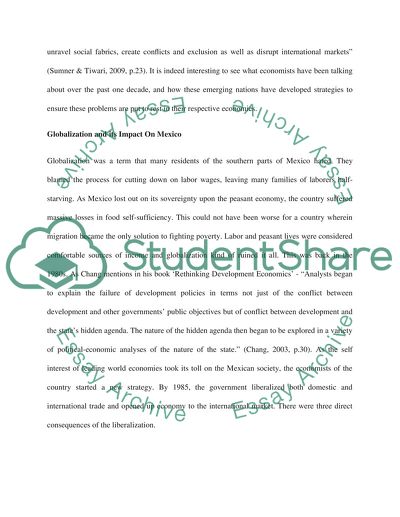Cite this document
(Globalization in the New Emerging Economic Giants- MINT Essay, n.d.)
Globalization in the New Emerging Economic Giants- MINT Essay. Retrieved from https://studentshare.org/history/1815038-critical-examine-the-features-of-globalisation-in-the-new-emerging-economic-giants-mints-mexico-indonesianigeria-and-turkey
Globalization in the New Emerging Economic Giants- MINT Essay. Retrieved from https://studentshare.org/history/1815038-critical-examine-the-features-of-globalisation-in-the-new-emerging-economic-giants-mints-mexico-indonesianigeria-and-turkey
(Globalization in the New Emerging Economic Giants- MINT Essay)
Globalization in the New Emerging Economic Giants- MINT Essay. https://studentshare.org/history/1815038-critical-examine-the-features-of-globalisation-in-the-new-emerging-economic-giants-mints-mexico-indonesianigeria-and-turkey.
Globalization in the New Emerging Economic Giants- MINT Essay. https://studentshare.org/history/1815038-critical-examine-the-features-of-globalisation-in-the-new-emerging-economic-giants-mints-mexico-indonesianigeria-and-turkey.
“Globalization in the New Emerging Economic Giants- MINT Essay”, n.d. https://studentshare.org/history/1815038-critical-examine-the-features-of-globalisation-in-the-new-emerging-economic-giants-mints-mexico-indonesianigeria-and-turkey.


